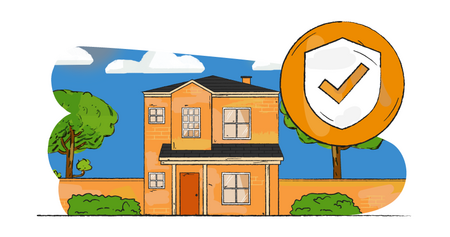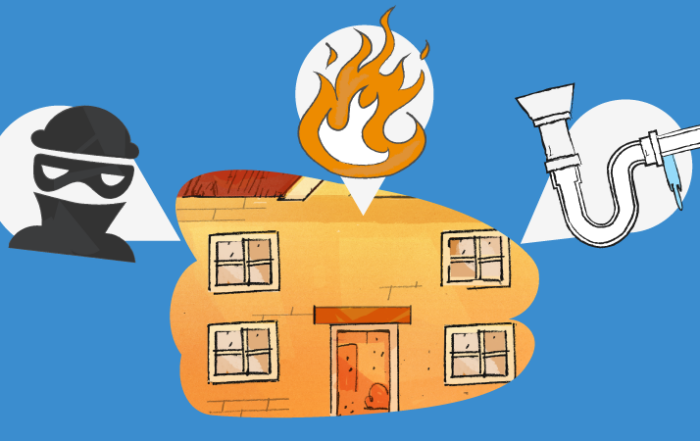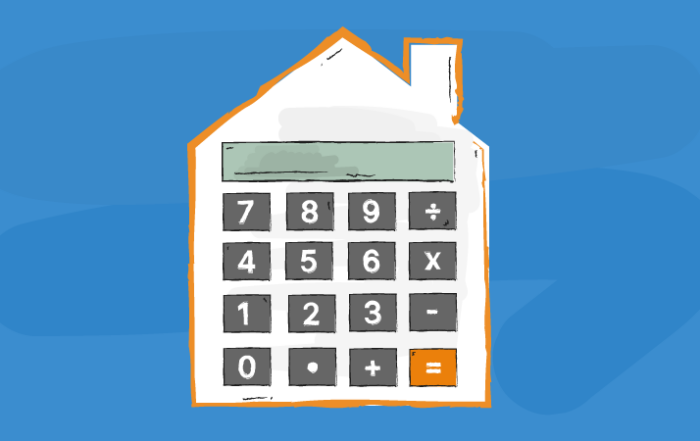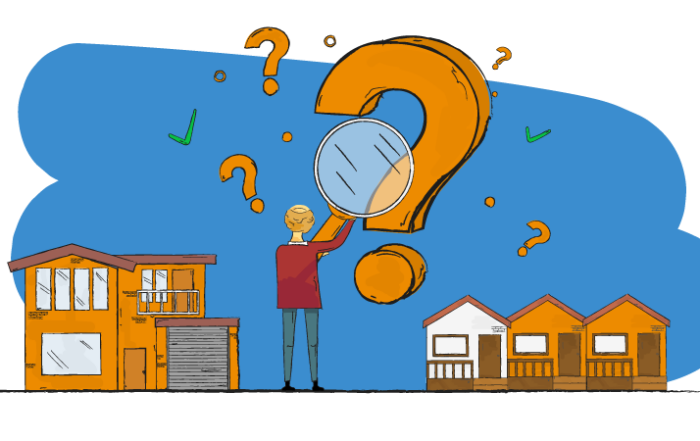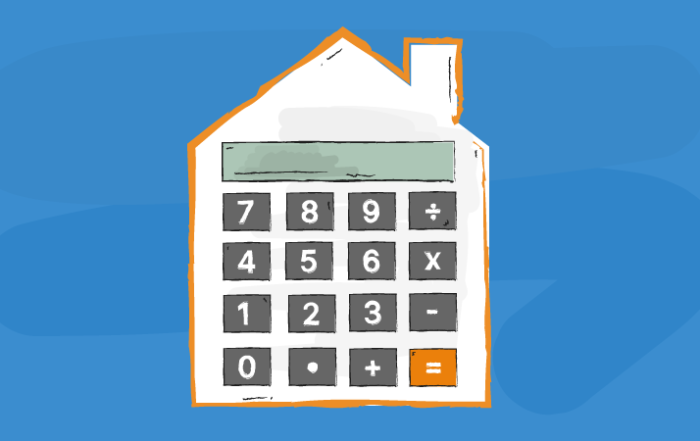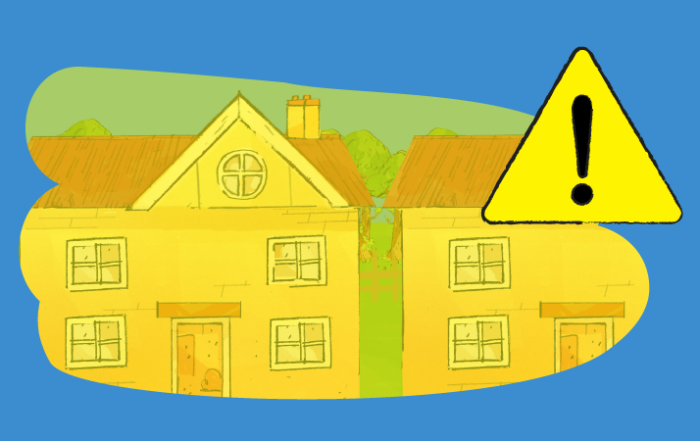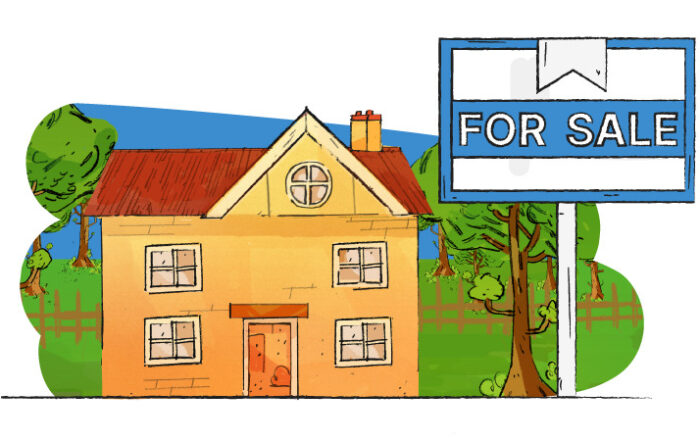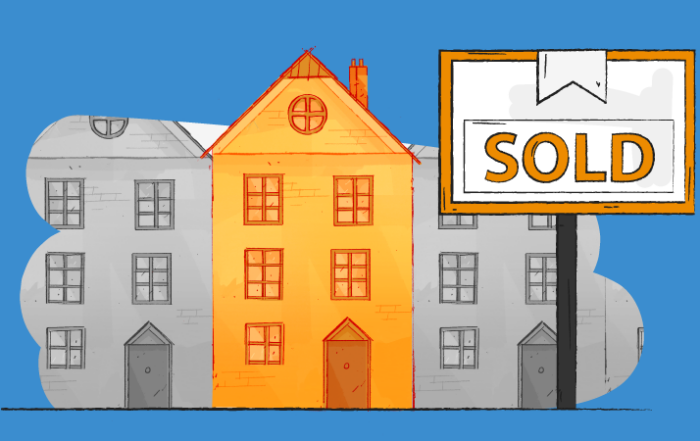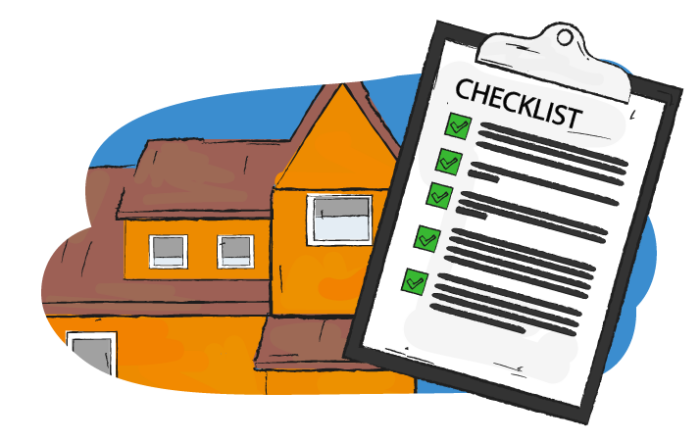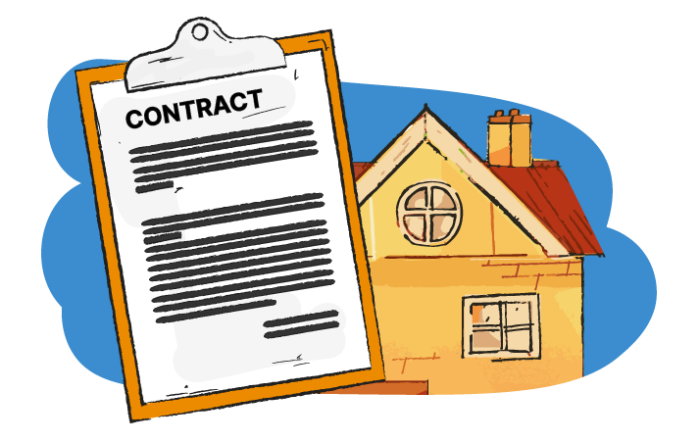Being a property investor and a landlord can come with its challenges, but we want to help with that. Our articles are online for all to read, no matter where you are, but our focus is on the rental and property sectors in the UK.
Latest Posts
If you are looking for any specific topics, you can use the search bar at the top of the page and type in a word or phrase to see what information we’ve provided on that subject. We hope you manage to find what you are looking for, but if you have any content suggestions, feel free to follow us on X, Facebook, or LinkedIn and let us know if there is anything useful you’d like us to cover. We can’t guarantee that we will be able to, but if it is a topic we are capable of writing about, we will look to add it to our list. Some of our information may be universally useful, such as our property cleaning checklists, whereas others may be specific to location, such as guides to lettings regulations.
As and when we come across a topic we’ve not yet covered we will strive to create a new article and add it to our website. We try to take note of any commonly asked questions that our team is asked so that we can make it easier for you to find the answers you need. To save you time contacting us and waiting for a reply, you will hopefully be able to find what you need all in one place in our Resource Centre.
If you would like to keep up to date with the latest articles we publish, you can follow us on X, Facebook, and LinkedIn.

